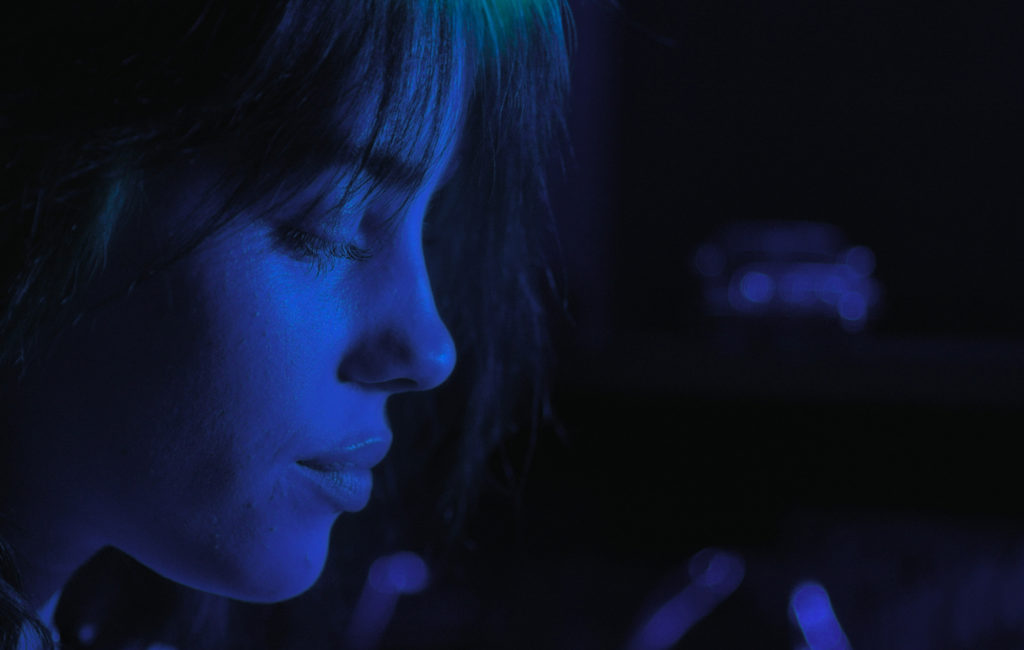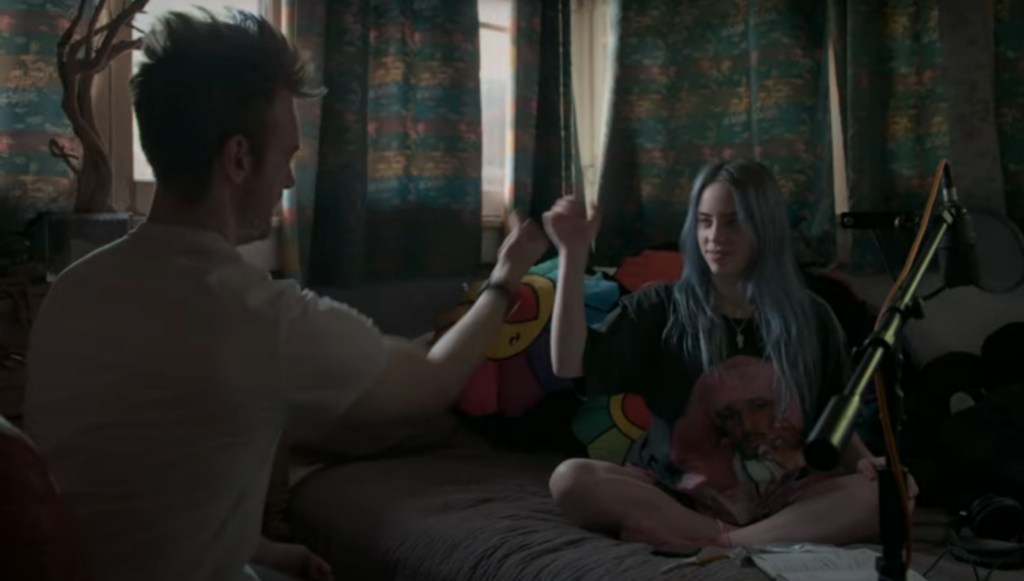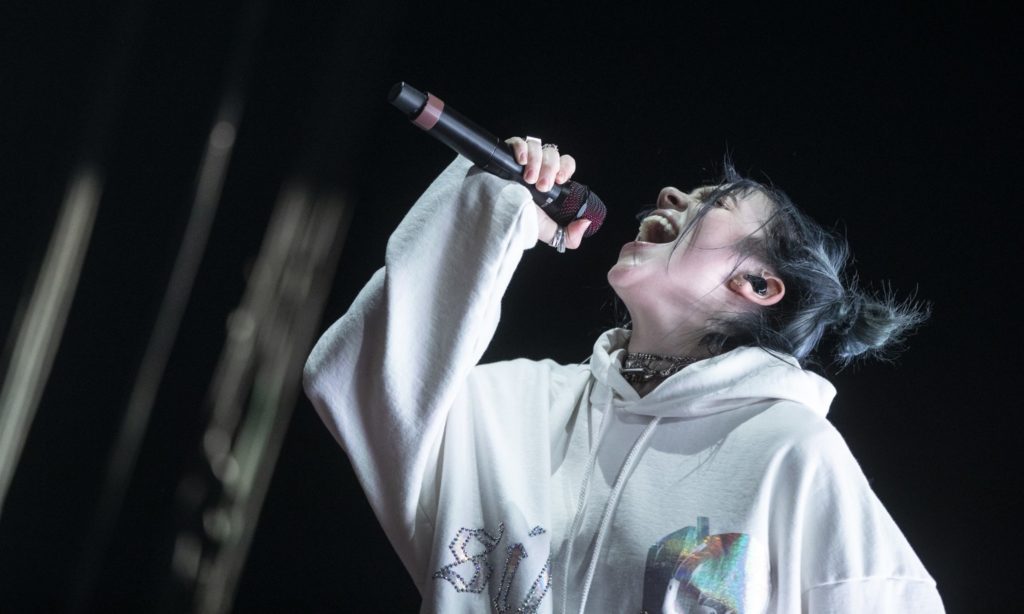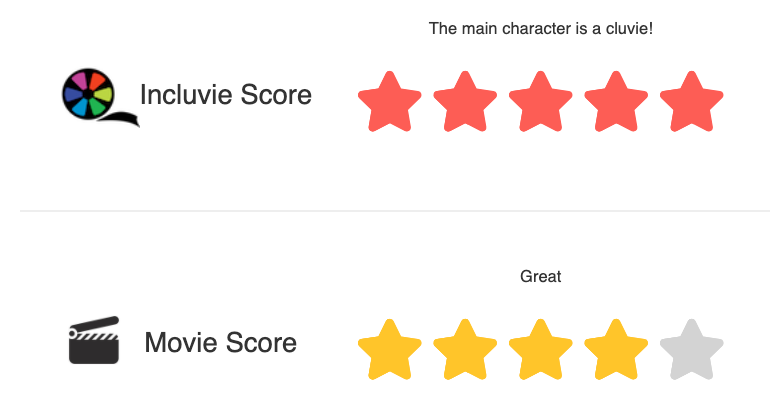How ‘Billie Eilish: The World’s a Little Blurry’ Humanizes Child Stars
When they’re young, they’re America’s darlings but, when they become teens and adolescents, they’re instantly perceived as harbingers of immorality. They’re Lindsay Lohan, Macaulay Culkin, Justin Bieber, and Britney Spears. But, despite what many media outlets, politicians, and the general public may think, they are human beings above anything else. The new Billie Eilish documentary, Billie Eilish: The World’s A Little Blurry, proves this — showing the trials, tribulations, and humanity when growing up with all the world’s eyes on you.
We all know the stories; we all grew up with them. They’re the butt of every joke, the picture on every gossip magazine, the makers and “destroyers” of culture, who our parents dread us becoming. They have everything but do nothing with it (allegedly). When they’re young, they’re America’s darlings but, when they become teens and adolescents, they’re instantly perceived as harbingers of immorality. They’re Lindsay Lohan, Macaulay Culkin, Justin Bieber, and Britney Spears. But, despite what many media outlets, politicians, and the general public may think, they are human beings above anything else. The new Billie Eilish documentary, Billie Eilish: The World’s A Little Blurry, proves this — showing the trials, tribulations, and humanity when growing up with all the world’s eyes on you.
The film follows the voice of Gen-Z, singer-songwriter Billie Eilish from the beginning of her career, when she released her breakout hit “Ocean Eyes,” to the release of her Grammy-winning album “WHEN WE ALL FALL ASLEEP, WHERE DO WE GO?”. She has taken the music world by storm, but not without it having repercussions on her. Her documentary gives a startling and unyielding look into growing up as a pop protege — featuring the mental and physical effects that can occur when you come to be in the public eye. The audience gets a privileged look into seeing how her mind functions and the fascinating creative direction this nineteen-year-old has, but also the strife that comes with being the perfectionist that she is. It brings up questions of the ethics of putting children in the spotlight from an early age — or if that spotlight should be this bright. Its unique style doesn’t prioritize a narrative arch over the real story Billie wants to tell, feeling true to her own intention of what she wants the film to be about. It leaves you brimming with emotions after and has every melancholy song hit even harder than before (don’t listen to “everything i wanted” directly after like I did, you will sob).

Beyond a Persona
The structure chronologically follows her life starting when she was 13, when her most well-known song “Ocean Eyes” was released and popularized. Slowly before our eyes, the audience gets to see how Billie changes as her fame increases. One of the most startling things for me, as a casual listener before the documentary (though I am now a stan), was seeing her smile and be enthusiastic when her single was played on the radio. Though part of her image is encompassing that ethereal sadness that defines zoomers, her depression has become part of her image with her signature deadpan expression and harshly gloomy lyrics. Through the film, we see it is not an act or a persona but brought on by real-life pressures to constantly want to be better. Even at the top of her game, she is still down on herself. One of the most heartbreaking parts of the film, for me, was watching her cry and beat herself up for forgetting the words during her Coachella performance. She cries backstage before and is completely depressed afterward, not able to enjoy the momentous feat she just achieved. It was startling to see one of the most iconic and well-known moments of her career was clouded by a relatable pressure that is magnified to an insanely large degree.
Seeing her slow progression through the years makes the effects of fame appear more tangible in the space of 2 and a half hours. It also allows you to compare the intensity of her music throughout as the years fly by — the dreaminess of her single “Ocean Eyes” to the catchy desirability of her EP “dont smile at me” to her current magnum opus, the dark vulnerability of “WHEN WE ALL FALL ASLEEP, WHERE DO WE GO?”. Despite the long runtime, it makes six years go by in a blink of an eye with its well-done balance between concert material, recording sessions, and Billie achieving her goals. It makes every beat in the film resonate deeply without resorting to emotional manipulations in trying to find a story that’s not there. It has you tearing up when she meets her idol for the first time, Justin Bieber, despite however you may feel about him. The movie is built to make every viewer feel intense empathy with Billie, whether you know her well or not. The editing is fantastic too, using juxtaposing moments that give nuance and a bigger picture of every moment known or unknown. It even brings a new levity to each song now, since you can see what was going on in her life at that time and what the recording process was like. We also get to see how involved Billie really is, directing and acting out her music videos beforehand. It explains the full range of her talents, showing she truly is a once-in-a-lifetime visionary and not just told to us by others at the camera she is one.

Standing Apart
Unlike many music documentaries, the film isn’t saturated with artificial talking heads but features candid conversations and moments both with and without Billie. Maybe once, does Billie’s mother, Maggie Baird, talk to the camera addressing how hard Billie works and the effect it has on her with tears in her eyes. Besides that, we are let into Billie’s private world. Despite there being a camera there, you would never know from how spontaneous the footage feels. From dancing in her backyard to recording sessions in her brother/producer/collaborator FINNEAS’ room, the film situates you in the middle of every moment (which is especially amazing during the concert clips where you feel like you’re in the front row). It contributes to the feeling of naturalism the movie aims for. We get to see not what or who people think Billie is (go on any social media or tabloid magazine to find that out), but rather how Billie and the world react to each other. Though it sounds more prolific than it feels in the moment, it takes away from the romanticized idolization that often takes over this genre of documentaries and biopics. It adds another refreshing level that sets it apart from most of the commercialized genre.
Child Stars Then & Now
Billie’s doc comes out at a very tumultuous time in culture. Though content is continuously being rolled out, the pandemic and the #metoo era have given way to a re-evaluation of our treatment of women in the spotlight and the entertainment industry as a whole. It contributes to a larger canon of stories emerging about how mistreated stars – particularly female child stars – have been and the pressures they face. We’re seeing a reassessment in how the media has treated said stars and more general resentment toward paparazzi, like in the Britney Spears episode of the New York Times Presents series or the numerous articles about how we owe Megan Fox an apology. Films like these are necessary conversations we need to be having so as to treat those in the public eye as human beings and not fictional characters they can demand content from on a whim. Though it is not revolutionizing the portrayal of women in media, it’s a crucial part in normalizing discussing mental health, how women are treated differently in the spotlight, and the toxicity of celebrity culture.

Conclusions
For both fans and newcomers alike, The World’s A Little Blurry is an enchanting look down the rabbit hole of Billie’s surreal yet grounded life. Its innovative format supports its fresh take on music documentaries by taking a more realistic and vulnerable approach. It goes beyond just telling you how great the musician in question is but, instead, shows how ground-breaking Billie is as an artist and how, despite all her fame, she is still a teenage girl being watched by the world. It deserves at least a nomination for best documentary, in my opinion, for its beautifully authentic approach.

More to explore
By Same Author
Related lists created by the same author





